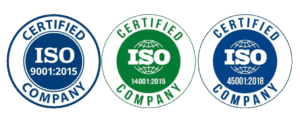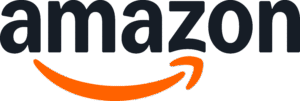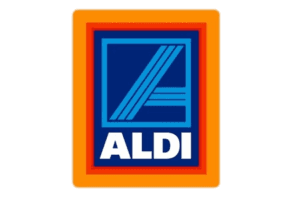In today’s fast-moving logistics landscape, efficiency is everything. Businesses across Australia are increasingly turning to smart packaging to make their supply chains faster, more transparent, and more sustainable. Beyond simply protecting goods, smart packaging now plays an active role in tracking, monitoring, and even extending product life.
The concept of smart packaging in supply chain efficiency combines digital innovation with physical protection—bridging the gap between packaging design and supply chain intelligence.
What Is Smart Packaging?
Smart packaging refers to systems that go beyond the traditional “box and label” concept. It incorporates technology-driven features such as sensors, QR codes, RFID tags, and temperature indicators to enhance traceability and performance.
There are two main types:
- Active packaging – Interacts with the product to improve shelf life or quality (e.g., moisture absorbers, oxygen scavengers).
- Intelligent packaging – Provides data about the product’s condition or journey (e.g., temperature monitoring, tamper alerts, digital tracking).
These innovations are transforming logistics from a static process into a real-time, data-informed operation.
How Smart Packaging Boosts Supply Chain Efficiency
1. Real-Time Visibility and Tracking
RFID chips and QR codes enable real-time location tracking throughout the supply chain. This helps logistics teams monitor shipments, detect delays, and respond quickly to disruptions.
For example, food or pharmaceutical shipments can be tracked from manufacturer to retailer with pinpoint accuracy—minimising spoilage and theft.
2. Reduced Waste and Damage
By integrating temperature or humidity sensors, smart packaging can alert handlers if products are exposed to conditions that could cause damage. This proactive monitoring reduces spoilage rates and improves product quality on arrival.
For Australian food and beverage manufacturers, that means fewer product losses and improved brand reliability.
3. Better Inventory Management
Smart packaging feeds data directly into warehouse systems, ensuring accurate stock counts and helping businesses manage First Expired, First Out (FEFO) processes more effectively.
Carewell Group supports businesses with innovative storage and logistics solutions that complement these technologies—ensuring products are stored efficiently and delivered with precision.
4. Enhanced Sustainability
With the global shift toward eco-friendly packaging, smart solutions can help companies reduce waste by tracking usage rates, return cycles, and recyclability metrics.
Digital packaging labels also reduce paper waste, and condition monitoring reduces the need for re-shipping or discarding damaged goods—both of which have major sustainability benefits.
5. Improved Customer Experience
Smart packaging can also deliver consumer-facing benefits. QR codes or NFC tags allow customers to verify product authenticity, check origin details, or learn about sustainability credentials.
This transparency builds brand trust and strengthens the customer relationship—a growing demand among conscious Australian consumers.
Real-World Applications Across Industries
- Food & Beverage: Temperature-sensitive packaging ensures freshness from farm to table.
- Pharmaceuticals: RFID and blockchain technology maintain compliance and prevent counterfeiting.
- E-commerce: Smart labels streamline returns and provide shipment status updates.
- Industrial Supply: Tracking systems help monitor tool usage, maintenance, and lifespan.
Smart packaging is no longer a luxury—it’s quickly becoming a standard across multiple industries.
Overcoming Barriers to Adoption
While the benefits are clear, many businesses still hesitate due to cost and implementation challenges. However, as technology becomes more affordable, ROI improves through reduced waste, faster logistics, and improved compliance tracking.
Partnering with packaging experts who understand both technology and logistics—like Carewell Group—helps businesses make the transition smoothly.
The Future of Smart Packaging in Australia
Looking ahead, expect to see greater integration with AI, IoT, and blockchain systems. These technologies will enable predictive analytics—anticipating issues like spoilage or delay before they happen.
Australia’s logistics and packaging sectors are already moving toward data-driven transparency, where every shipment tells its own story from warehouse to customer doorstep.
Final Thought
Smart packaging isn’t just about keeping products safe—it’s about making supply chains smarter, leaner, and more responsive. Businesses that adopt early will gain a competitive edge through efficiency, sustainability, and customer trust.
Explore how Carewell’s storage and packaging solutions can help your business leverage smart technology for a more connected and efficient supply chain.
DoFollow External Resource:
For more insights on global smart packaging technologies and supply chain innovation, visit this resource.
Carewell Group Pty Ltd
Unit 27/191, Mccredie Road, Smithfield, NSW 2164
+61 0477 123 699
sales@carewellgroup.com.au | info@carewellgroup.com.au | logistics@carewellgroup.com.au








